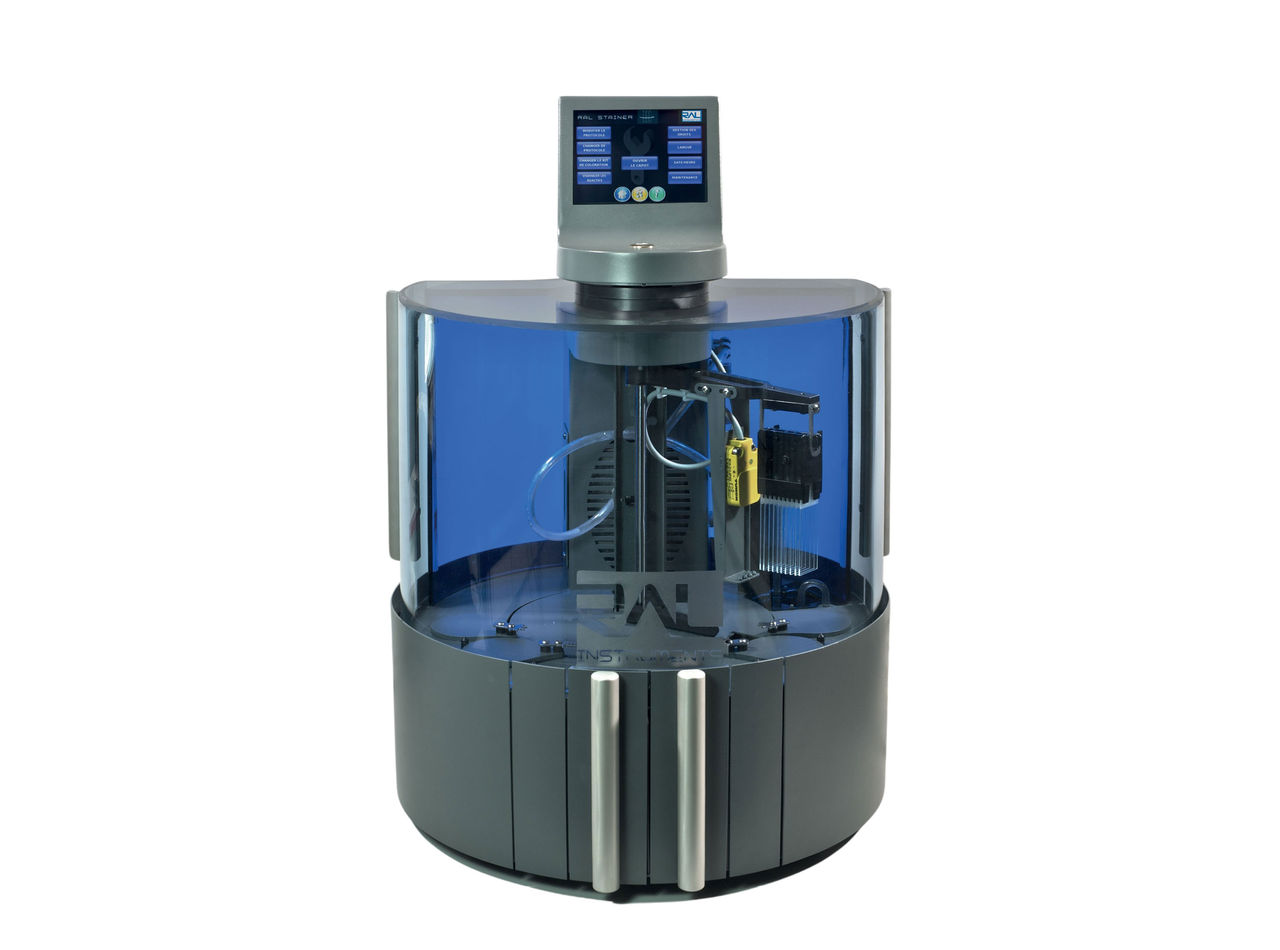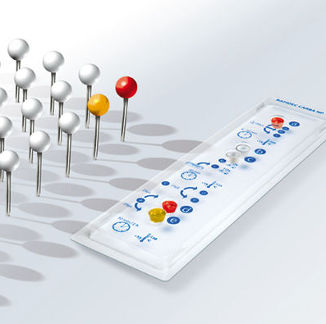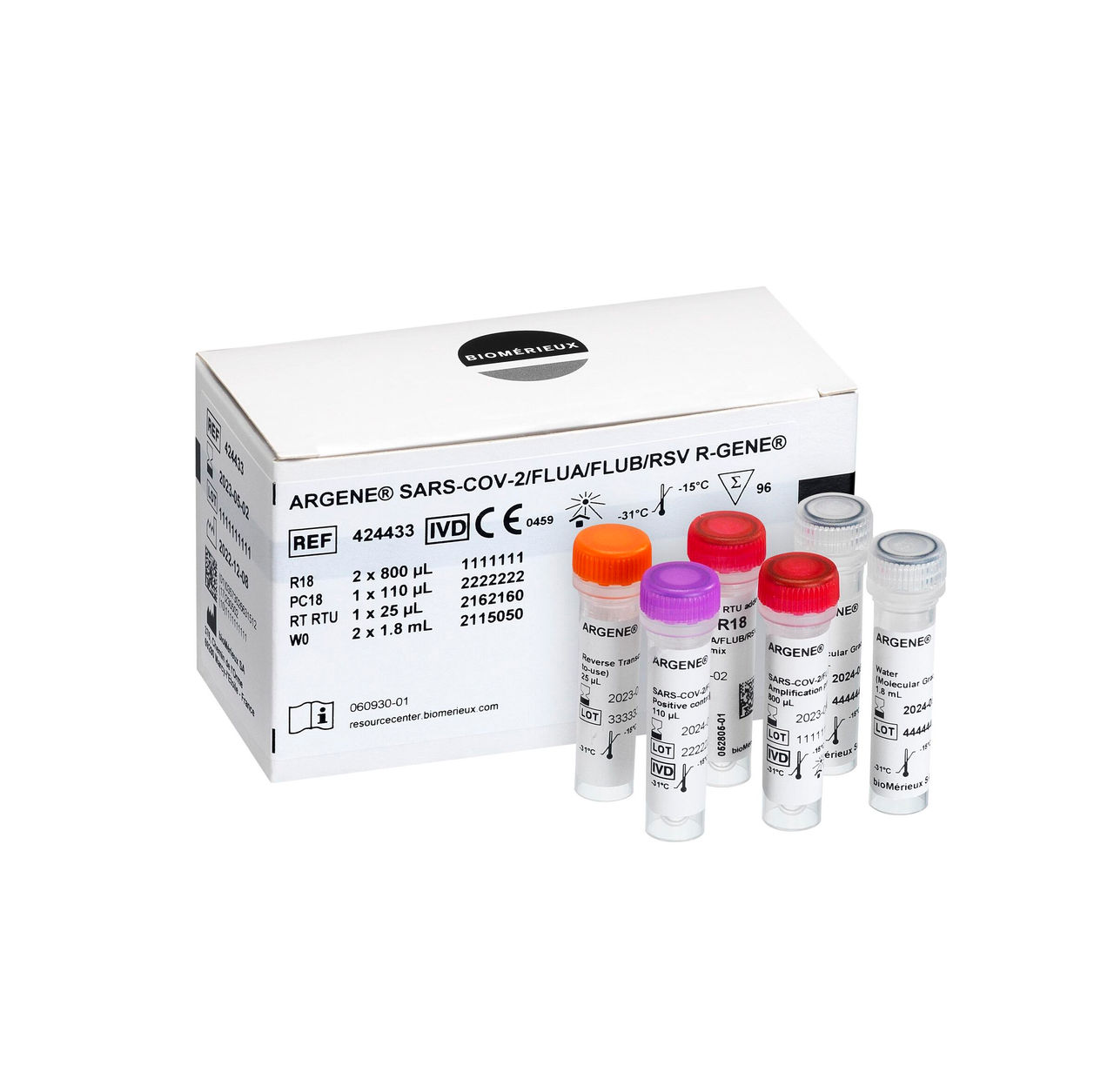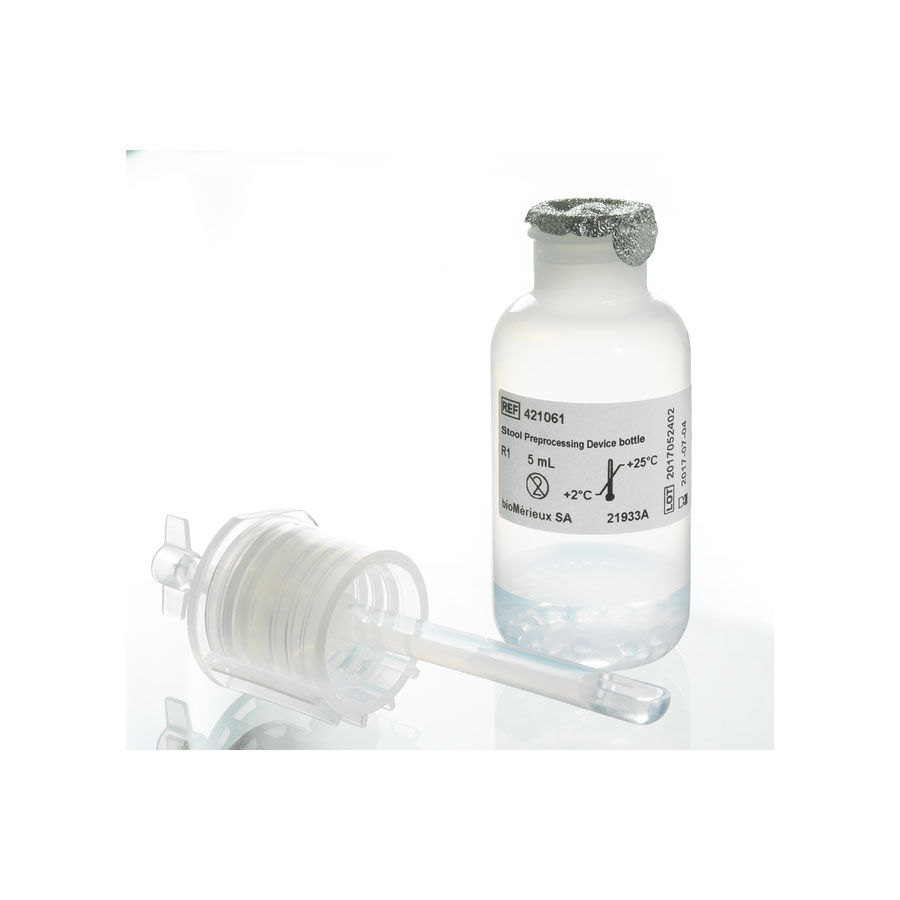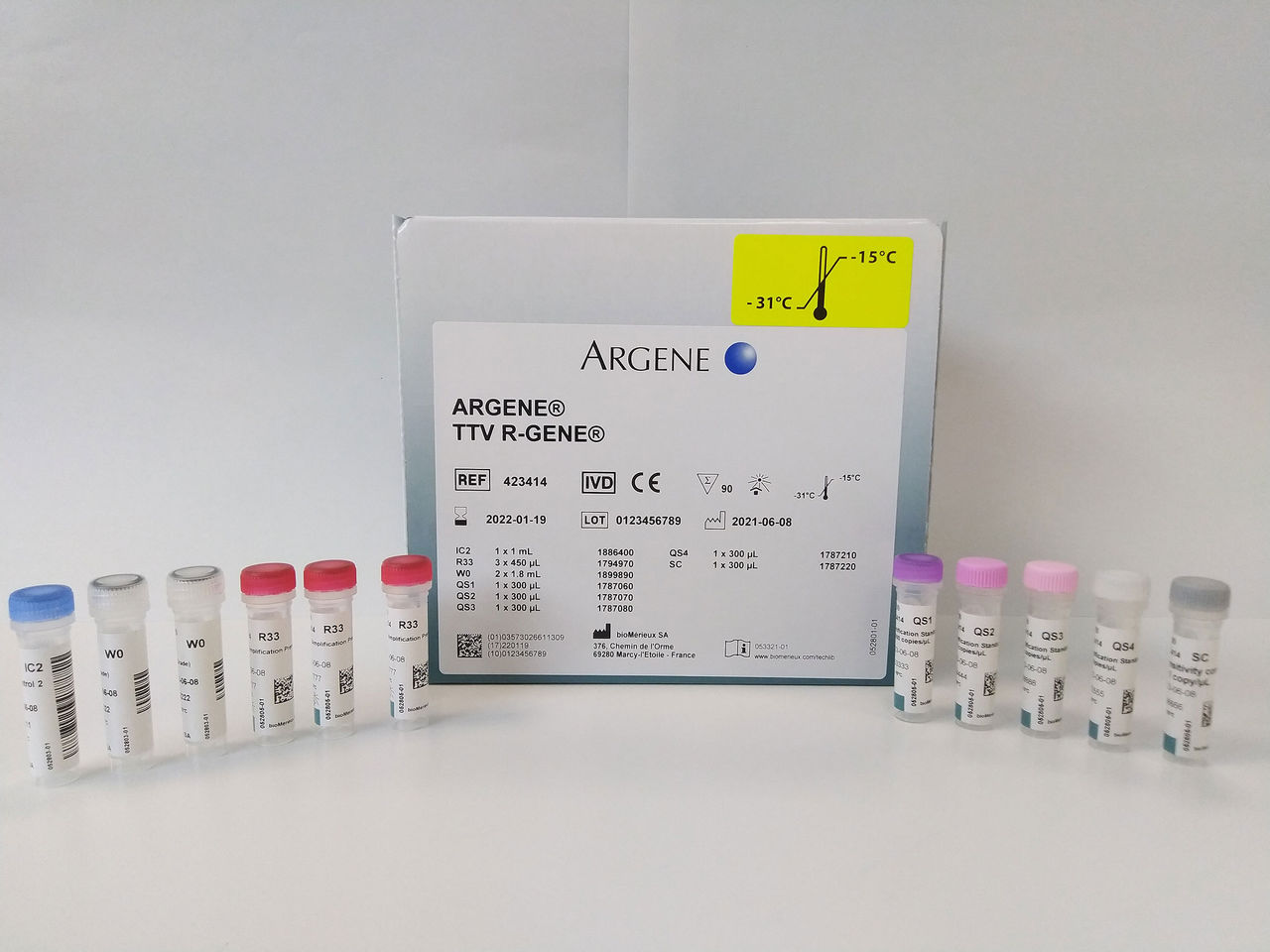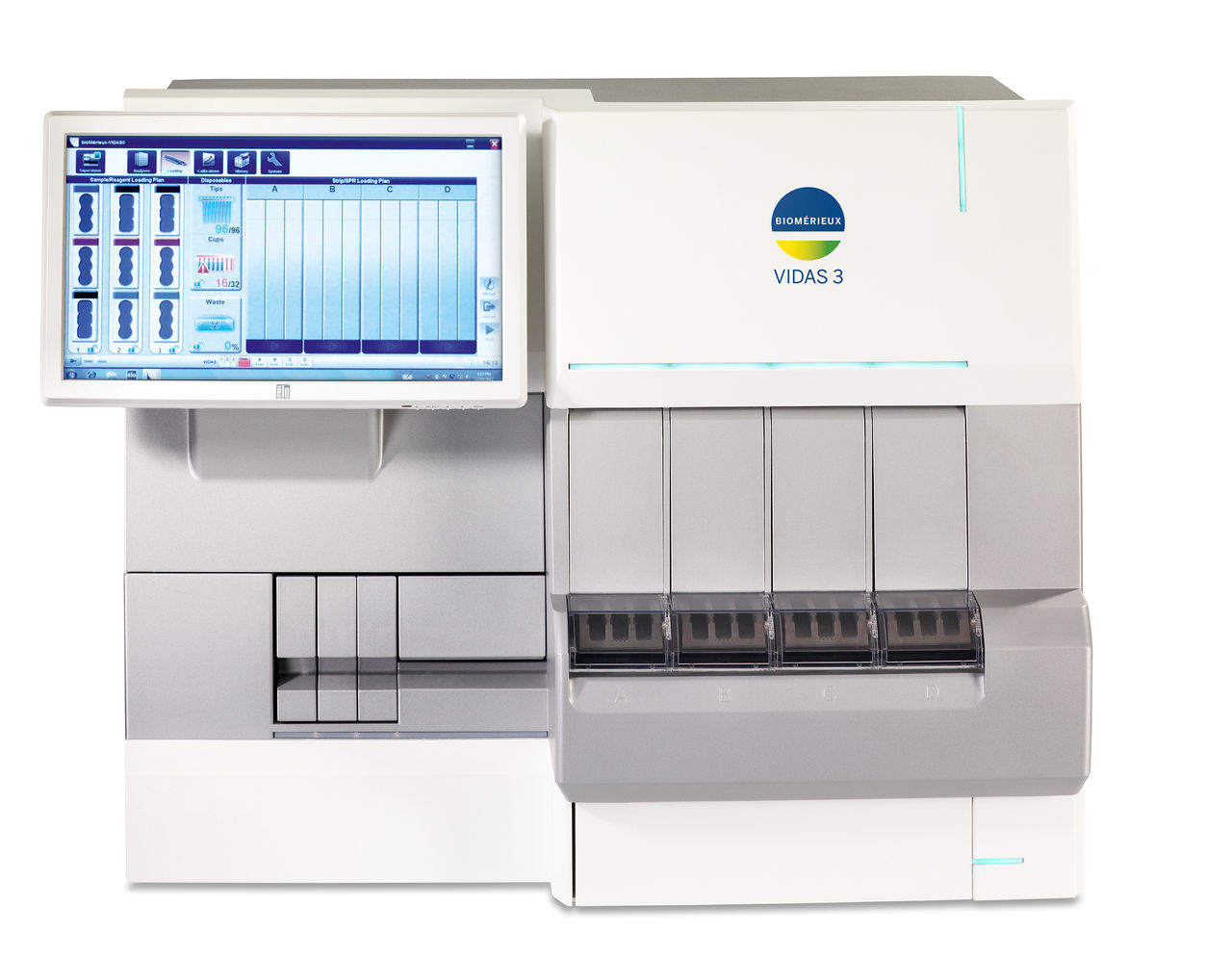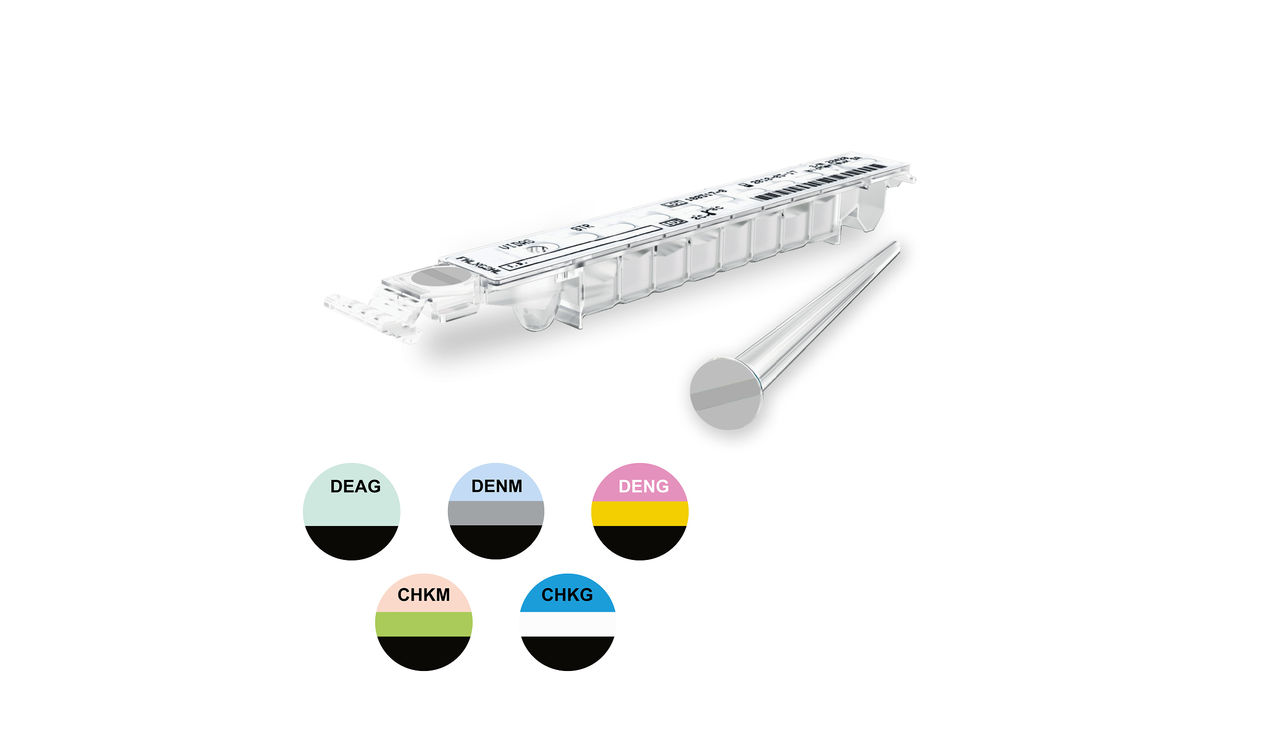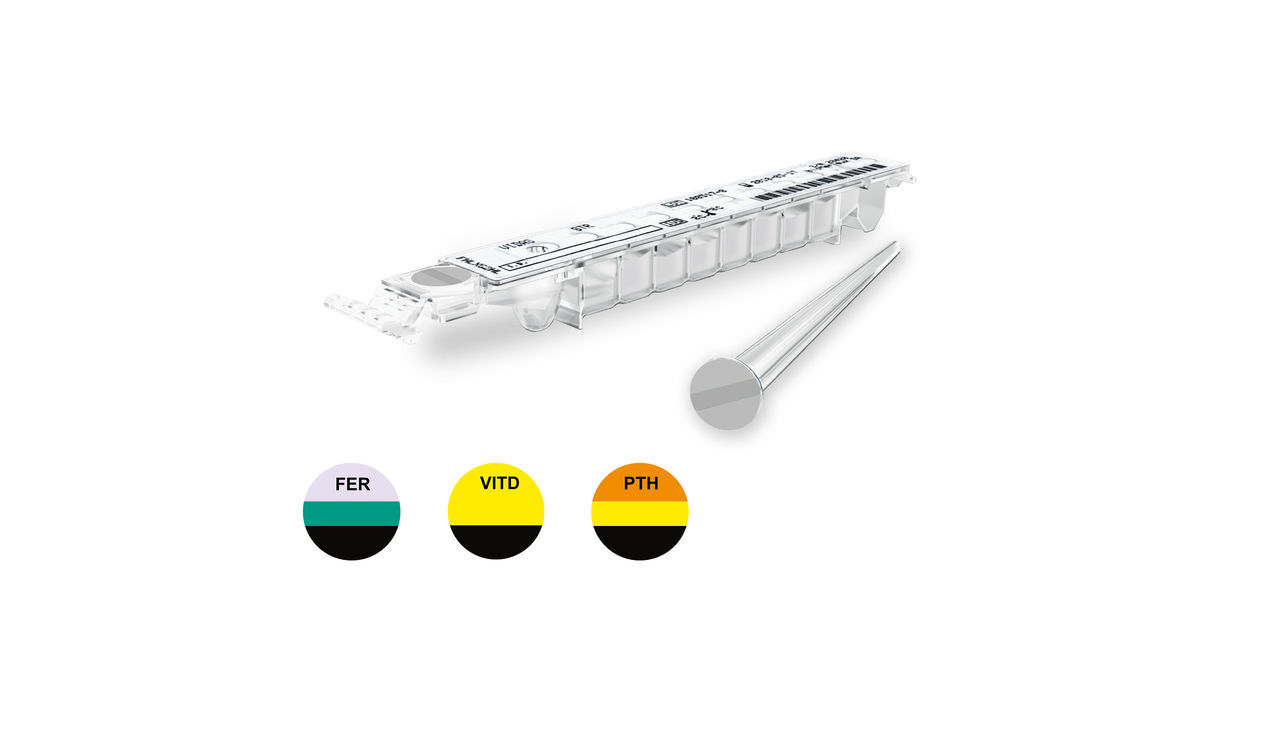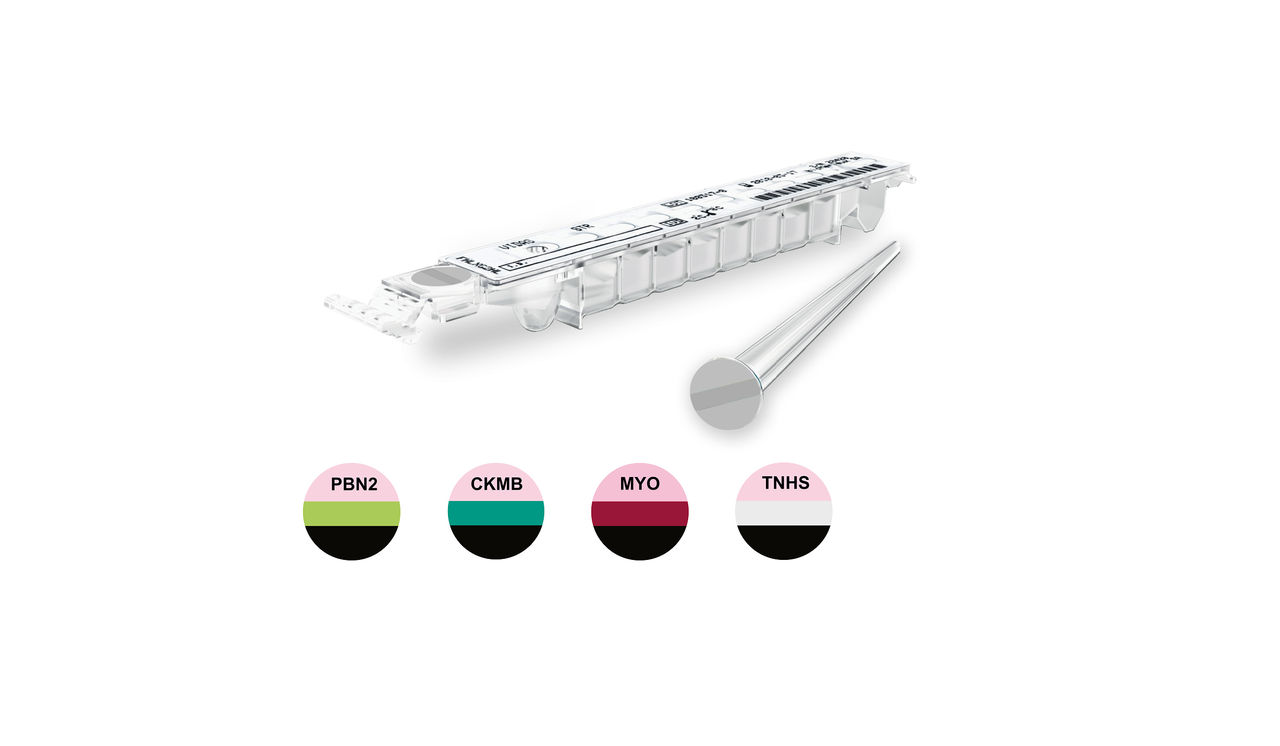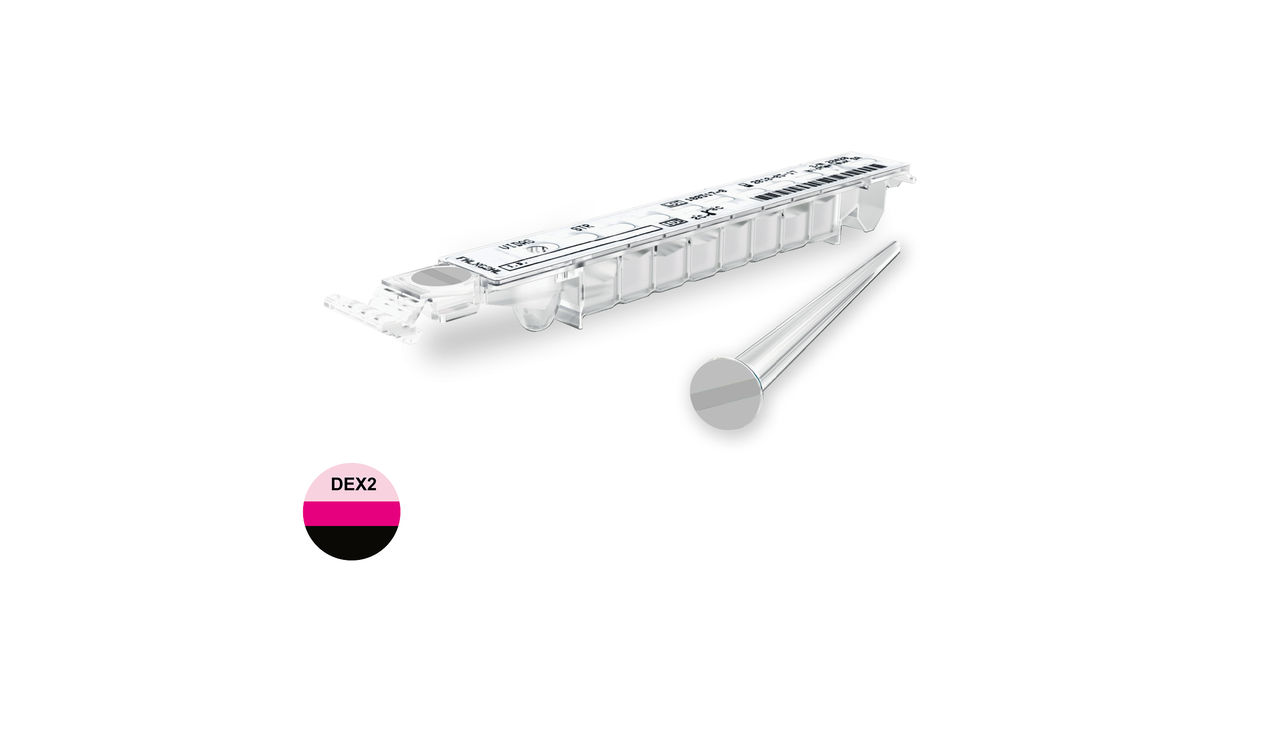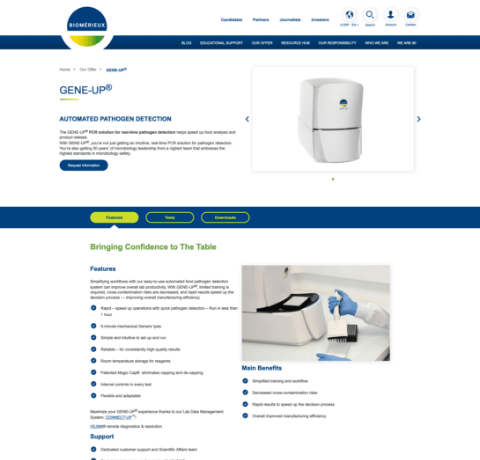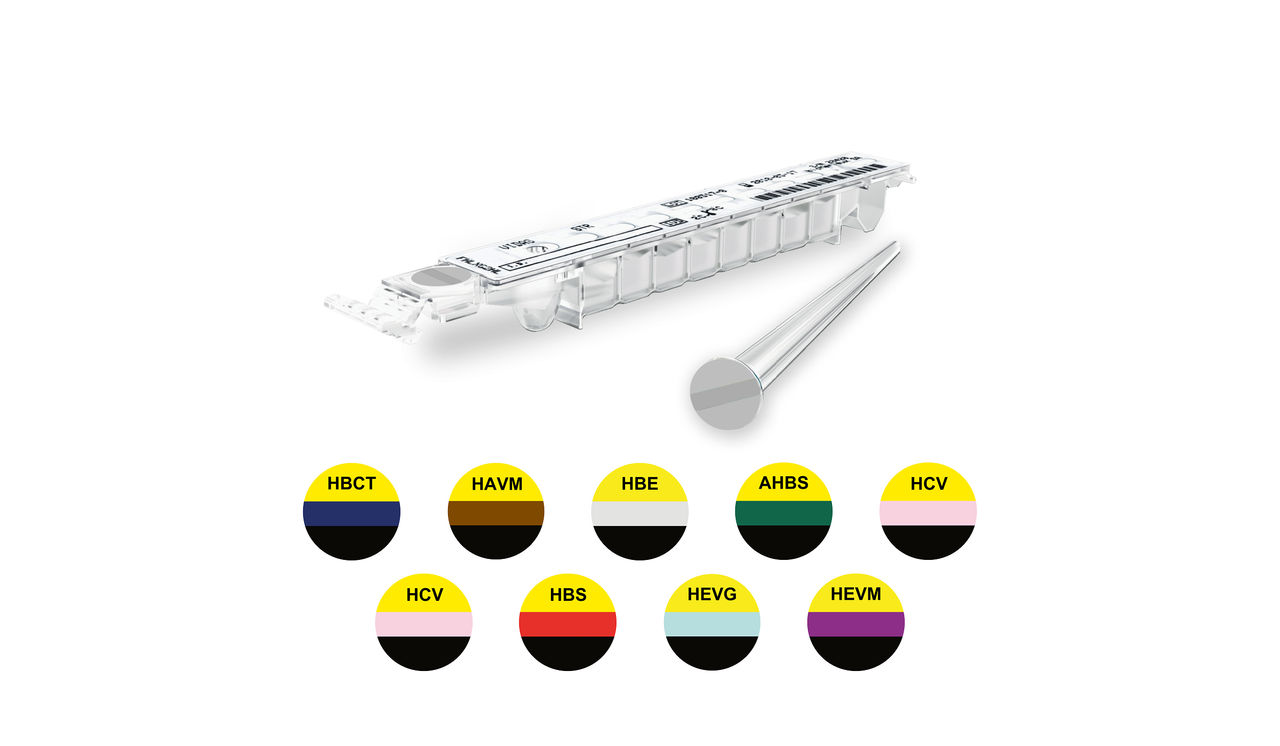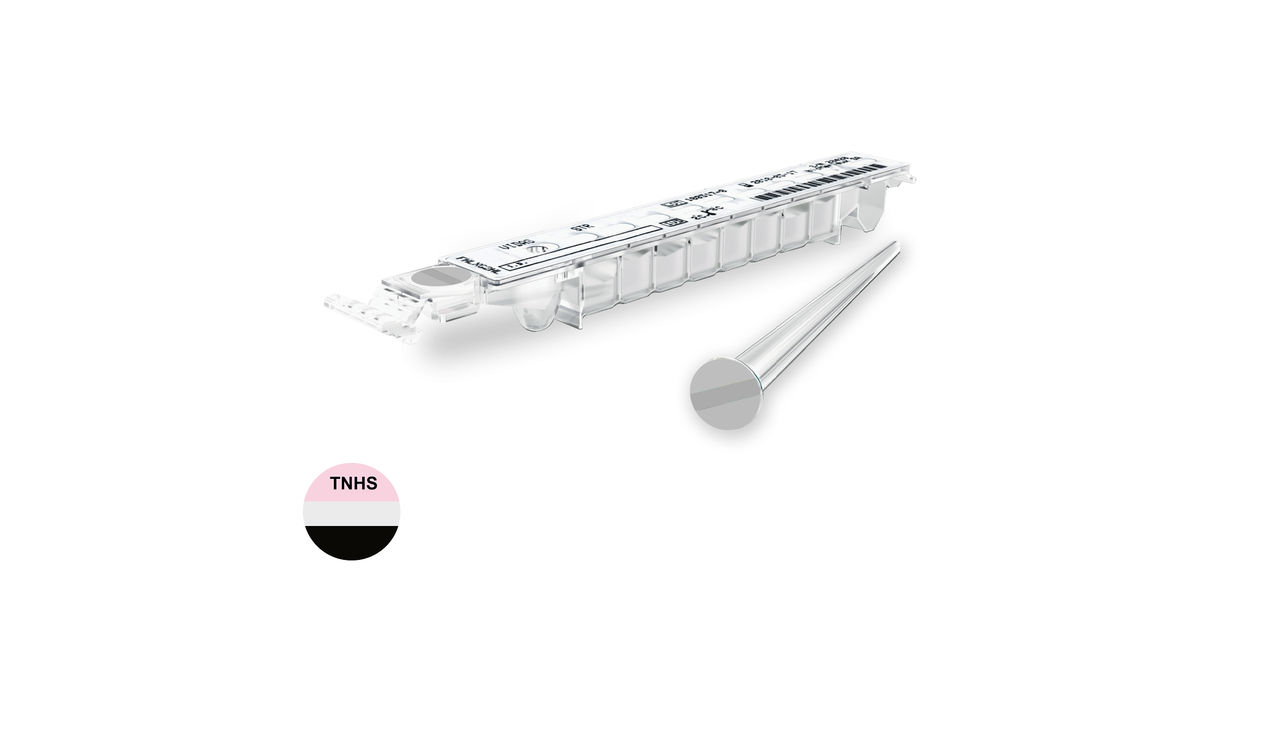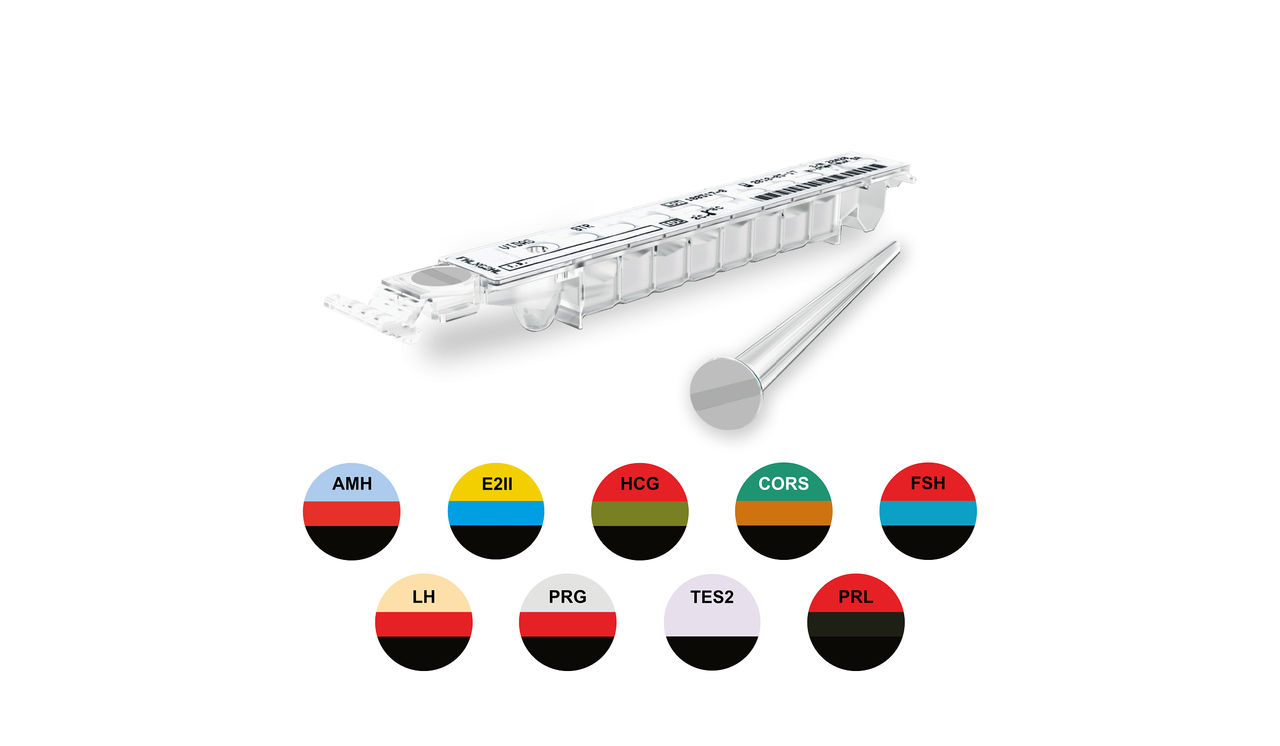What are Fungal Infections and How Does Resistance Impact Treatment?
Fungal infections are becoming increasingly common and fungi’s growing resistance to antifungal treatments poses a serious threat to public health. With only four classes of antifungal medicines currently available and just a few new candidates in the clinical pipeline, it is imperative that healthcare facilities prescribe antifungal drugs appropriately, test for resistant fungi in patients who are not improving and are aware of resistance in their facilities and communities.1
One factor that is threatening to make several infection-causing fungi more widespread is climate change. Climate change can increase the geographic range of pathogenic species or their vectors, leading to the emergence of diseases in areas where they have not previously been reported.2
The invasive forms of fungal infections often affect severely ill patients and those with significant underlying immune system related conditions. Populations at greatest risk of invasive fungal infections include those with cancer, HIV/AIDS, organ transplants, chronic respiratory disease, and post-primary tuberculosis infection.3 While the most common pathogenic yeast species is Candida albicans, it is important to consider other species including Candida auris – which the World Health Organization (WHO) has identified as a fungal pathogen of critical priority.
The rise of Candida auris is alarming as it is a yeast that is often-multidrug resistant and can cause invasive infections and outbreaks in healthcare facilities that are difficult to mitigate.4
Our Solution for Diagnosing Fungal Infections
Early diagnosis of fungal infections and the implementation of appropriate treatment contribute greatly to improved outcomes for patients. Every minute counts to identify patients at high risk of a life-threatening condition. It is important to rapidly identify Candida infections in positive blood culture, alongside other potential pathogens using a syndromic approach. Septic patients with polymicrobial and fungal infections are extremely critical and often have the highest mortality rate compared to other types of bloodstream infections. It is also important to consider that joints can be impacted by fungal infections commonly in prosthetics but sometimes in native joints.5
Solutions Overview
- Fungi Identification: Our CHROMID® offer for fungi detection is unique with direct identification of the most prevalent Candida Albicans pathogen within 24-hours. It means faster time to results for patients in critical care.
- Bloodstream Infections: The BIOFIRE® BCID2 Panel will identify seven fungal infection pathogens, alongside 26 other organisms commonly found in bloodstream infections. The BIOFIRE® BCID2 Panel has minimal hands-on time, with results in about an hour, helping microbiologists and clinicians quickly identify the causative pathogen in a patient suspected of a fungal infection in positive blood culture.
- Joint Infections: Conventional testing for joint infections is complex, often requiring multiple patient samples, various send-out tests, and days of waiting for results. The BIOFIRE® Joint Infection Panel is a rapid syndromic test that delivers comprehensive results in about ~1 hour. With 2 fungal, 29 Bacterial, and 8 AMR targets, the BIOFIRE® JI Panel can facilitate improved management of fungal and polymicrobial detections.
Fungal Infections – Our Diagnostic Offer
We offer flexible options for identification of fungal infection pathogens. Additionally, integration of bioMérieux solutions can help to maximize efficiency in the microbiology laboratory with innovative automation and efficient use of IT solutions that will ensure the right information is in the right hands as quickly as possible.
Disclaimer: Product availability varies by country. Please consult your local bioMérieux representative for product availability in your country.
-
RAL® STAINER
Secures Your AFB Staining and Eases Slide Reading
Easier and faster reading and no daily maintenance with RAL® STAINER. This closed fully automated bath system offers a unique fixative solution that prevents any cross-contamination.
-
RAPIDEC® CARBA NP
Rapid, Reliable Test for Carbapenemase-Producing Bacteria
This test gives reliable results in under 2 hours, making it the quick and easy way to control carbapenemase producers and meet diagnostic and screening challenges, improve patient management, and control healthcare associated infections. -
SARS-COV-2 FLUA/FLUB/RSV R-GENE®
Real-time PCR detection kit
Detect & differentiate SARS-CoV-2, Influenza A, Influenza B and RSV in 1 PCR test.
-
STOOL PREPROCESSING DEVICE
Stool preprocessing for molecular testing
Stool preprocessing device enabling standardized stool sample preparation for nucleic acid extraction of viruses, bacteria and parasites in about 5 minutes.
-
TTV R-GENE®
Guiding Transplant Risk Management
Real-time PCR assay for Torque Teno Virus detection and quantification to support transplant management.
-
VIDAS® 3
Trusted. Robust. Innovative.
With its advanced immunoassay technology and optimized testing protocols, the fully automated VIDAS® 3 benchtop immunoanalyzer empowers your lab with confidence, offering the precise results you need, when you need them.
-
VIDAS® Arboviruses Panel
Suspecting an Arbovirus? Think Dengue and Chikungunya
Our VIDAS® offer of immunoassays directed against arboviruses diseases improve access to medically important automated diagnostic tests.
-
VIDAS® BONE & MINERAL METABOLISM
VIDAS® BONE & MINERAL METABOLISM is a complete solution for the diagnosis of chronic kidney diseases, the determination of vitamin D, and iron deficiency.
-
VIDAS® C. difficile Panel
Rapid identification of C. difficile infection
The VIDAS® C. difficile GDH and TOXIN A & B (CDAB) are two complementary tests used as an aid in the diagnosis of C. difficile associated disease. NEW IVDR: VIDAS® GDH and VIDAS® CDAB are already CE Marked under the new In Vitro Diagnostic Medical Devices Regulation (EU) 2017/746 (IVDR).
-
VIDAS® Cardiac Biomarkers
Improve Patient Outcomes and Optimize Patient Management in the Emergency Department
An easy access to innovative tests for acute and complex situations to deliver reliable, fast, and actionable results to clinicians. bioMérieux with VIDAS® is providing a comprehensive emergency & critical care offer for better patient management in the emergency department.
-
VIDAS® D-DIMER EXCLUSION™ II
Safe Exclusion of Venous Thromboembolism
VIDAS® D-Dimer Exclusion™ II is a highly-sensitive automated D-Dimer assay. Used in conjunction with assessment of clinical pretest probability, it allows safe exclusion of deep vein thrombosis (DVT) and pulmonary embolism (PE) in both low and intermediate suspected outpatient risk groups in just 20 minutes.
-
VIDAS® Hepatitis Panel
Routine and confirmation testing of Hepatitis A, B, C and E
The VIDAS® Hepatitis panel includes 11 markers for the diagnosis of recent infection, monitoring of chronic hepatitis, pre- or post-vaccination immunity controls and screening during pregnancy.
-
VIDAS® High sensitive Troponin I
Optimize the Management of Acute Coronary Syndrome (ACS)
The VIDAS® High sensitive Troponin I assay is intended to be used as an aid in the diagnosis of myocardial infarction delivering a diagnosis in only two hours and for the risk stratification of patients with acute coronary syndrome.
-
VIDAS® Hormone & Fertility Assays
A Full Panel for the Diagnosis and Monitoring of Infertility and Adrenocortical Disorders
The VIDAS® Fertility panel provides key diagnostic tools for the investigation of reproductive hormone dysfunctions such as precocious and delayed puberty, amenorrhea, hirsutism, hyperprolactinemia, perimenopause and menopause, hypogonadism, gynecomastia, and azoospermia
Useful Resources for Fungal Infection Diagnostics
CHROMID® Candida Agar Vs. Sabouraud Gentamicin Chloramphenicol 2 Agar Tutorial
CHROMID® Candida Agar Vs. Sabouraud Gentamicin Chloramphenicol 2 Agar Tutorial
Contact Us for Information on Our Solutions for Fungal Infections
References
1. Antimicrobial-Resistant Fungi | Fungal Diseases | CDC. (2022, September 30). Www.cdc.gov. https://www.cdc.gov/fungal/antifungal-resistance.html#tackling
2. Nnadi, N. E., & Carter, D. A. (2021). Climate change and the emergence of fungal pathogens. PLOS Pathogens, 17(4), e1009503. https://doi.org/10.1371/journal.ppat.1009503
3. WHO releases first-ever list of health-threatening fungi. (2022, October 25). Www.who.int. https://www.who.int/news/item/25-10-2022-who-releases-first-ever-list-of-health-threatening-fungi
4. Ahmad, S., & Alfouzan, W. (2021). Candida auris: Epidemiology, Diagnosis, Pathogenesis, Antifungal Susceptibility, and Infection Control Measures to Combat the Spread of Infections in Healthcare Facilities. Microorganisms, 9(4), 807. https://doi.org/10.3390/microorganisms9040807
5. Mishra, A., & Juneja, D. (2023). Fungal arthritis: A challenging clinical entity. World Journal of Orthopedics, 14(2), 55–63. https://doi.org/10.5312/wjo.v14.i2.55
